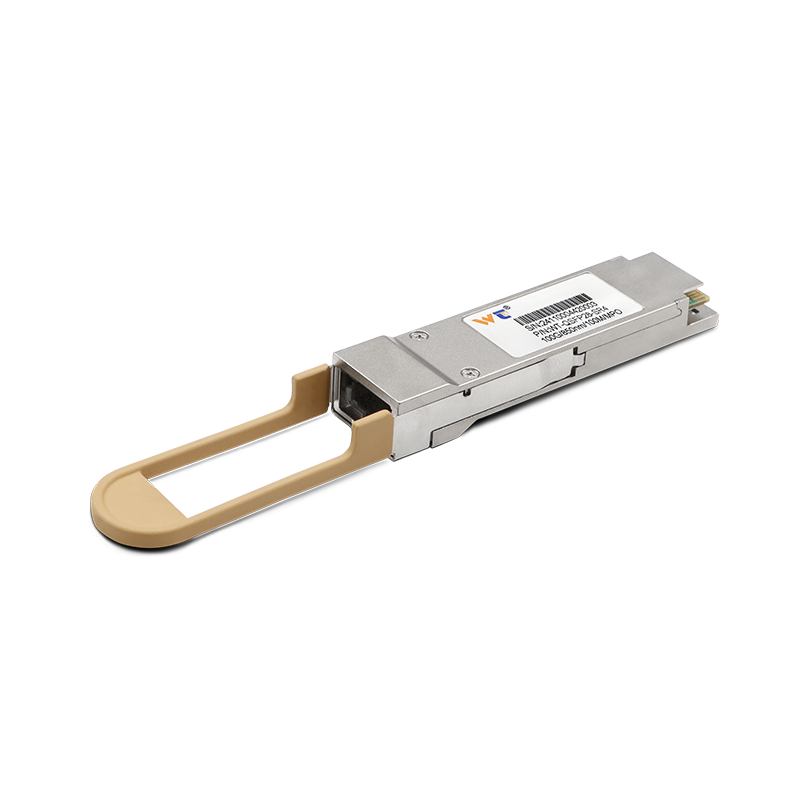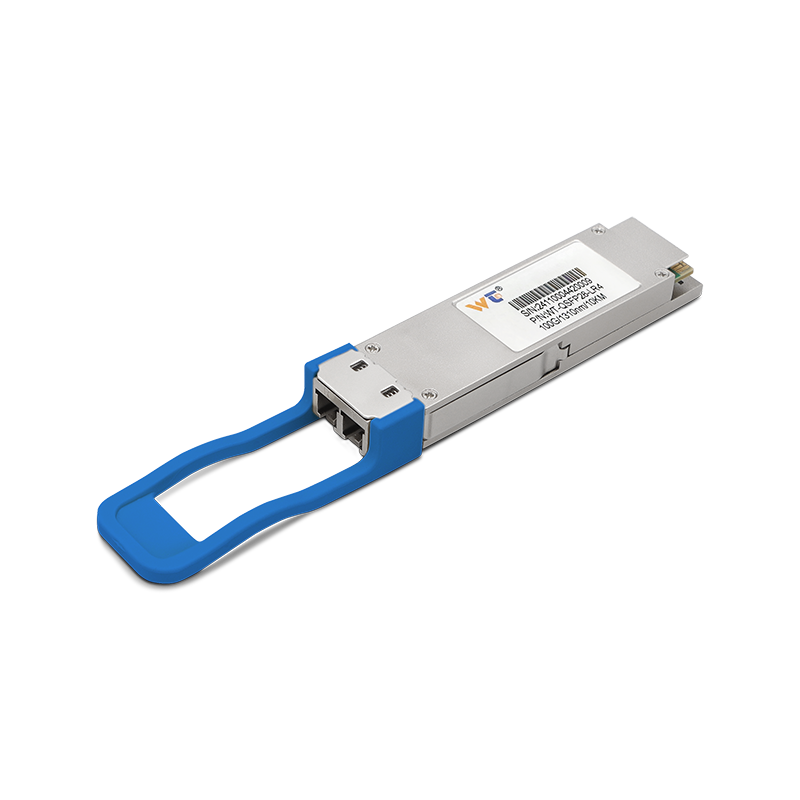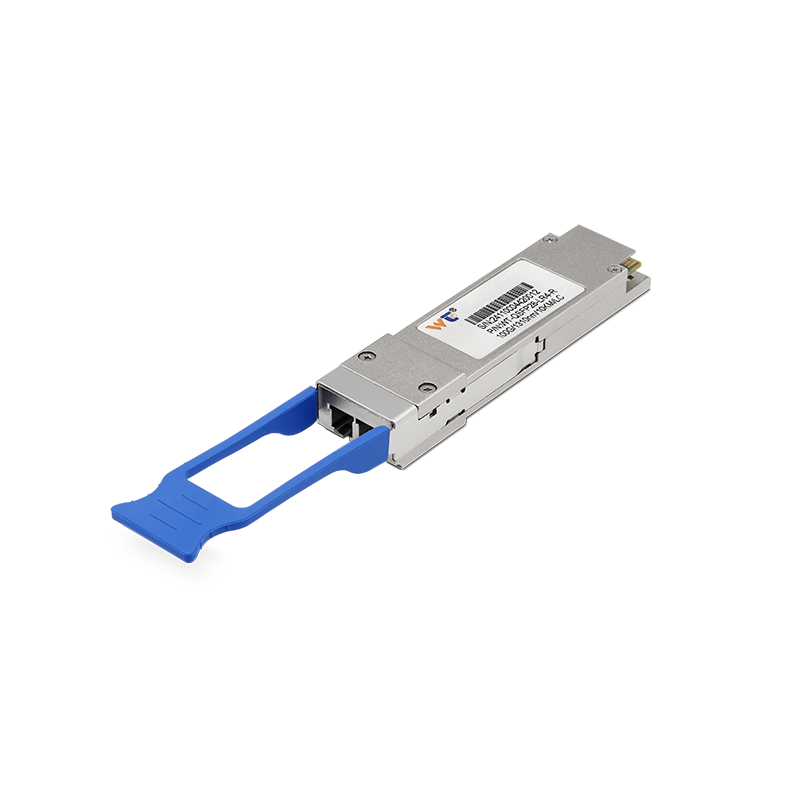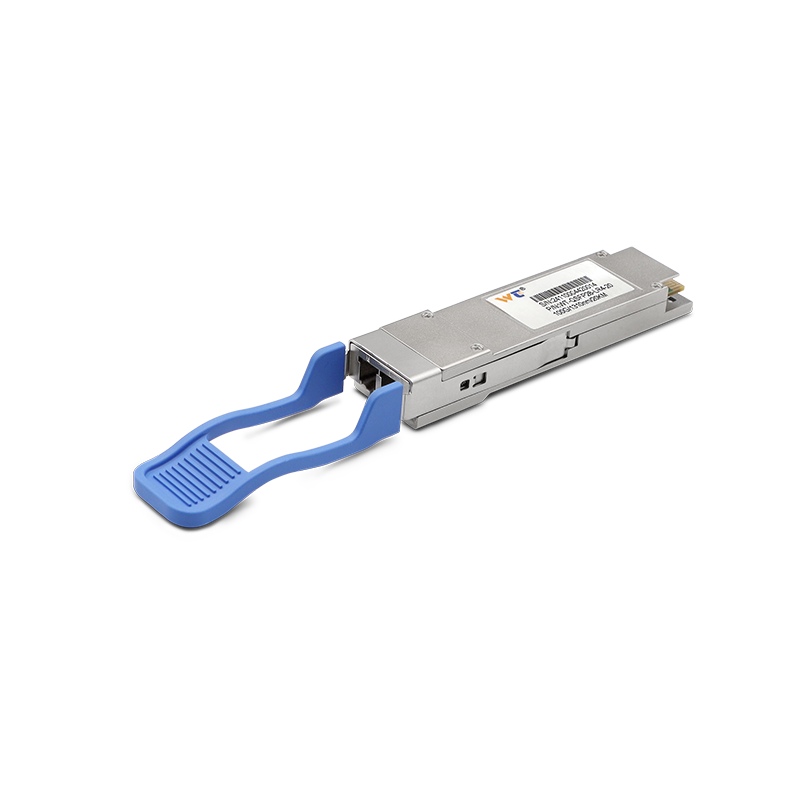In today’s tech-savvy world, it’s super important for both network engineers and everyday users to grasp the notable distinctions between enterprise-level and home wireless routers. With technology evolving at lightning speed, keeping ourselves informed about what we use daily is akin to having a toolkit ready for any scenario that arises. So, let’s dive into this fascinating realm! We’ll unpack the differences, functionalities, and practical implications that matter to you. Whether you’re running a bustling office or just trying to connect your array of smart gadgets at home, the technology you choose can really influence your overall experience.
Let’s kick off with some basics. When it comes to wireless routers, the way they’re built and what they can do varies quite a lot between enterprise-grade models and those designed for home use. Enterprise routers are like the heavyweights in the ring; they're crafted to juggle a huge number of connections effortlessly, offering high throughput and even service-level agreements (SLAs) to guarantee that everything runs without a hitch. They tend to come packed with nifty features like Quality of Service (QoS), VLAN support, and top-notch security measures like WPA3 encryption. And on the flip side, we have home routers. While they get the job done for basic connectivity, they often prioritize simplicity over scalability. This means that understanding these essential differences helps users like you to choose the right gear for your specific setups, leading to a better and more efficient networking experience.
Now, let’s break down the engineering principles a bit! On one hand, enterprise routers boast robust hardware that can handle heavy usage with flair, enabling multiple users to play nice without any noticeable slowdown. You can think of it like a restaurant that can seat a lot of guests at once without causing a ruckus. On the other hand, home routers are more lightweight. Sure, they can handle a few devices just fine, but throw in some heavy streaming or gaming usage, and they might start to struggle. Security is also a biggie in the business world, where sensitive data is often at stake, so stronger protections are a must compared to the standard measures of home networks. Realizing this can drastically shape how you approach setting up your network, emphasizing the need to pick the right router tailored to your needs.
To really nail down the ideal router for your situation, consider these straightforward steps:
- Assess Your Needs: Take stock of how many devices you’ll be connecting. For businesses, think about those busy times when everyone’s online.
- Consider Bandwidth Requirements: Get to know the type of activities that users will engage in—are they streaming movies, gaming, or running data-heavy applications?
- Research Hardware Specifications: Look for routers with dual-band or tri-band features to maximize your performance.
- Security Features: Check out what security protocols are available. Opt for routers that offer advanced features like WPA3 and built-in firewalls for extra protection.
- Support and Maintenance: Remember, enterprise routers usually come with professional support, and it’s good to check if your home router has decent consumer support too.
Now, every tech enthusiast dreams of a home setting that rivals enterprise tech. What if you could bring a slice of that advanced world into your daily life? Using mesh networks or smart switches might just be the game-changer you need to level up your setup. Plus, with the prospect of future routers integrating AI capabilities to adapt and optimize performance automatically based on how you use them, the future looks promising!
What features are must-haves for you when picking a router?
If you ever thought about using an enterprise router in a home setting, then you’re in for a treat! You’d be looking at stellar performance, expansive coverage, and elevated security—perfect for those who like to stay ahead of the curve.
Let’s tackle some of those burning questions you might have:
- Can a home router serve enterprise functions?: Technically, yes, but it’ll probably get overwhelmed if too many connections are on board.
- What’s the cost difference?: There’s a pretty big gap, as enterprise routers often come with a higher price tag due to all those extra features.
- Do I need a VPN for home use?: Not a necessity, but it certainly boosts your privacy and security levels.
It’s vital to put what you've learned into practice. Take a good, hard look at your current network situation. Identify where you might be falling short and consider how you can improve. Why not mix things up? Maybe switch from a home router to something more robust when your needs demand it. Remember, how effectively your network runs can really affect not just your productivity but your overall digital experience.
To wrap things up, the decision between enterprise-level and home wireless routers significantly impacts our connectivity landscape today. We've got enterprise routers outperforming in speed and security for complex operations, whereas home routers excel at keeping things simple for personal use—but they often lack the bells and whistles of their enterprise counterparts. So, making a thoughtful choice not only ensures a smoother digital experience but also sets you up nicely for future upgrades. Investing in the right technology can spell the difference between a sluggish connection and a vibrant, capable network that can grow alongside your needs. Engage with this knowledge, and you’ll be well-equipped to enhance your digital surroundings, leading to greater satisfaction and productivity in our ever-connected lives!






